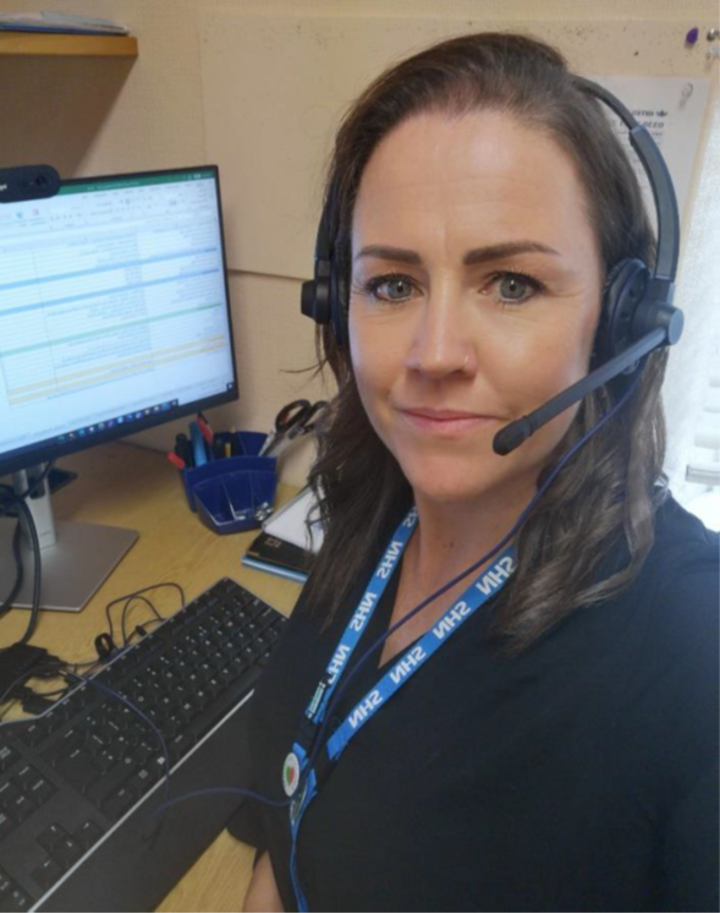Social Prescribing behind the scenes
Taking you behind the scenes to find out more about the staff who carry out the vital roles within the surgery, the tasks they perform, pressures they face and how they look after the health of our community.

Hannah Cayless is the Lead Social Prescriber for Corner
Place Surgery, Old Farm Surgery and Mayfield Medical Centres.
“Social prescribing is a relatively new ‘non-clinical service’, which means it doesn’t involve the direct diagnosis and treatment of patients.
“Social prescribers provide the link between GP practices and services, groups and organisations within the community.
“The aim is to explore a patient’s individual needs and help them take
control of their situation. These are things that can’t be fixed by medication alone.
“We link people with alternative options to help support their health and wellbeing, for either practical and/or emotional support, enabling positive life changes.
“For example, if someone is feeling depressed or stressed, we try and understand why that might be and then put them in touch with a service that can help. This might be counselling, debt-management advice or a social group, to help support them to manage
the problem and cause.
“I often describe us as being like the Yellow Pages for non-medical healthcare – ‘whatever help you need, we’ll find the right service, right time and in the right place’. GPs will often tell us: ‘When we’re not sure what to do next for a patient, we send them to a social prescriber!’.
“We always try and take a holistic view of the patient’s needs. In other words, we consider all factors that might be affecting a patient’s health and wellbeing.
“When a patient is referred to us, usually from a GP, nurse, receptionist, pharmacist, or an external organisation, we’ll arrange an initial appointment to discuss their needs.
“We give people the time to talk about their issues and ‘what matters to them’, to try and get to the root of the problem and what help or support they need.
“We use motivational interviewing techniques which often help patients to consider all aspects of their life that they hadn’t thought of before. Patients often come to us dealing with a number of issues.
“A high percentage of the people we work with are suffering from mental health issues, which can be brought on by a huge range of factors – for example, bereavement, social isolation, debt concerns, family issues, housing concerns and domestic abuse.
“We can see or speak to around 5-12 patients a day which makes each day extremely busy.
Hearing so many patients talk about their traumatic and disturbing experiences also takes an emotional toll on staff. In fact, most social prescribers eventually leave the profession due burn out.
“To alleviate the stress, I’ve introduced a ‘Team Huddle’ at the end of each day which allows staff members to talk about difficult cases and get things of their chest, so they don’t take that worry home with them.
“Being in a position to help so many people is a very rewarding yet frustrating job, but one I really enjoy.”